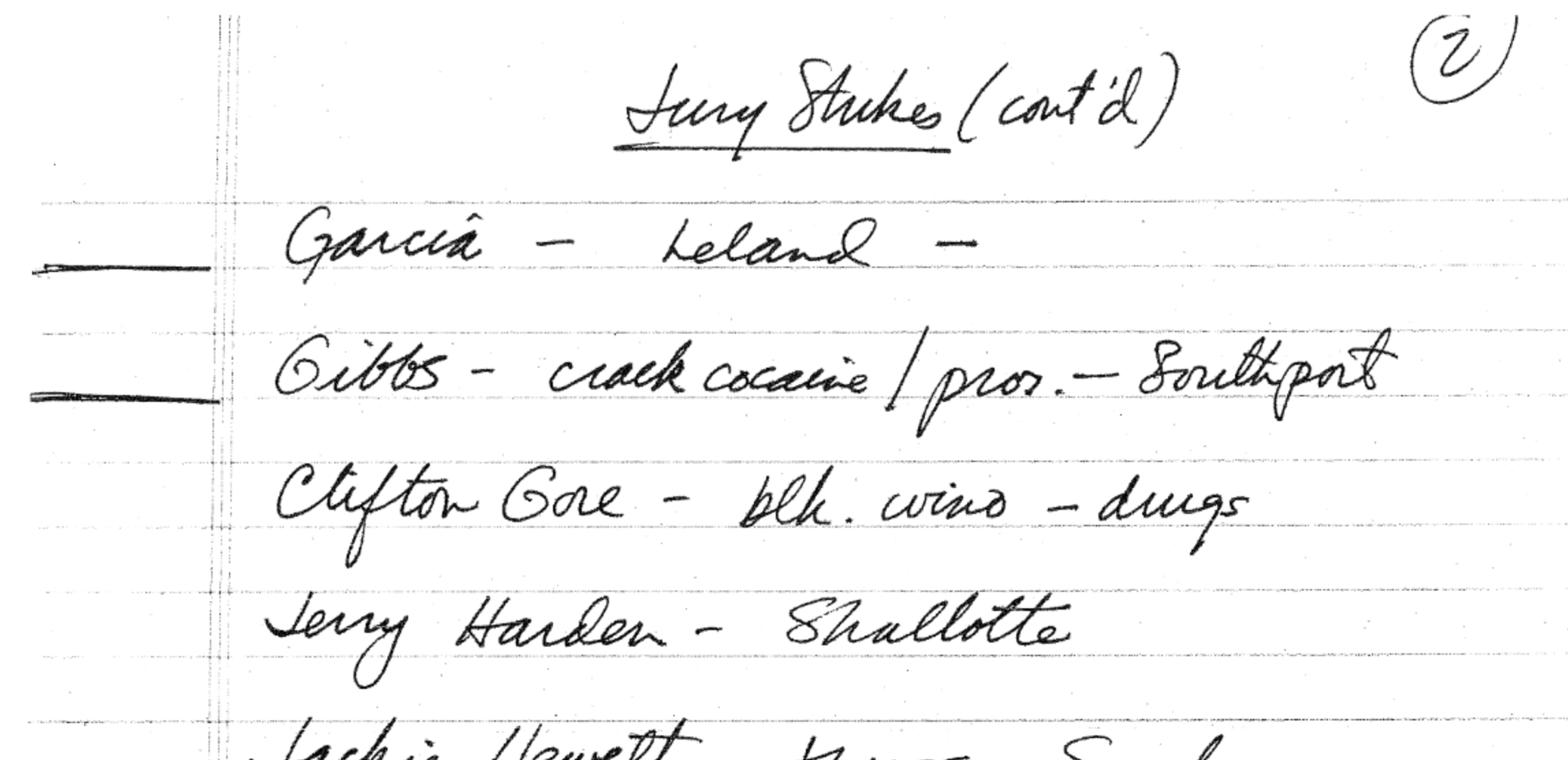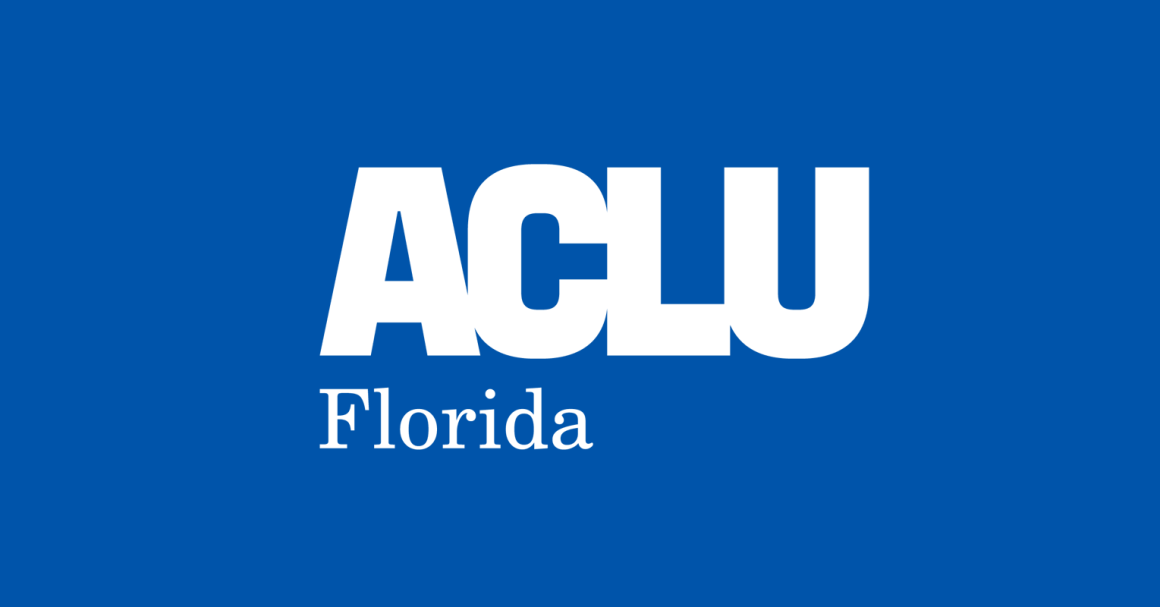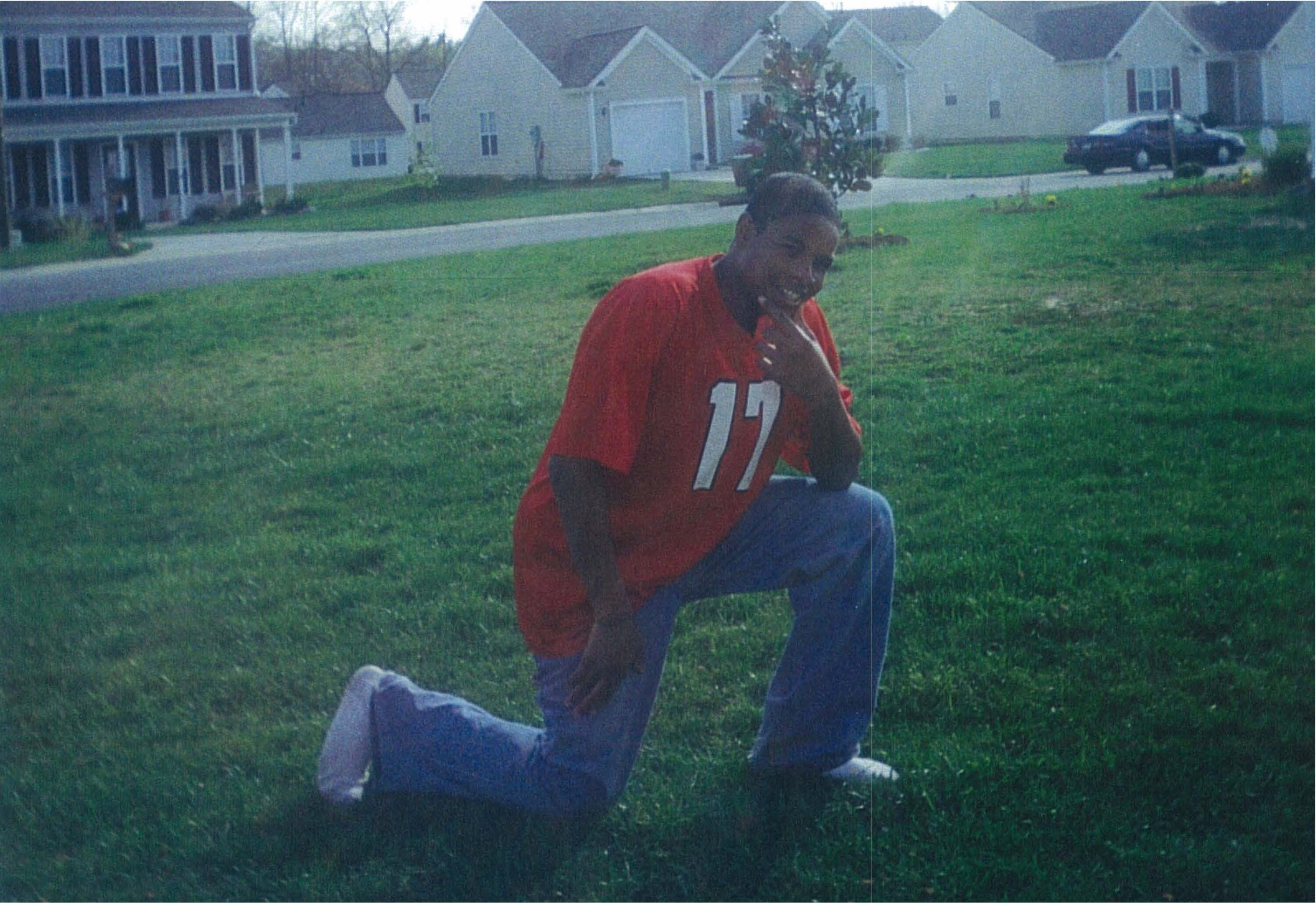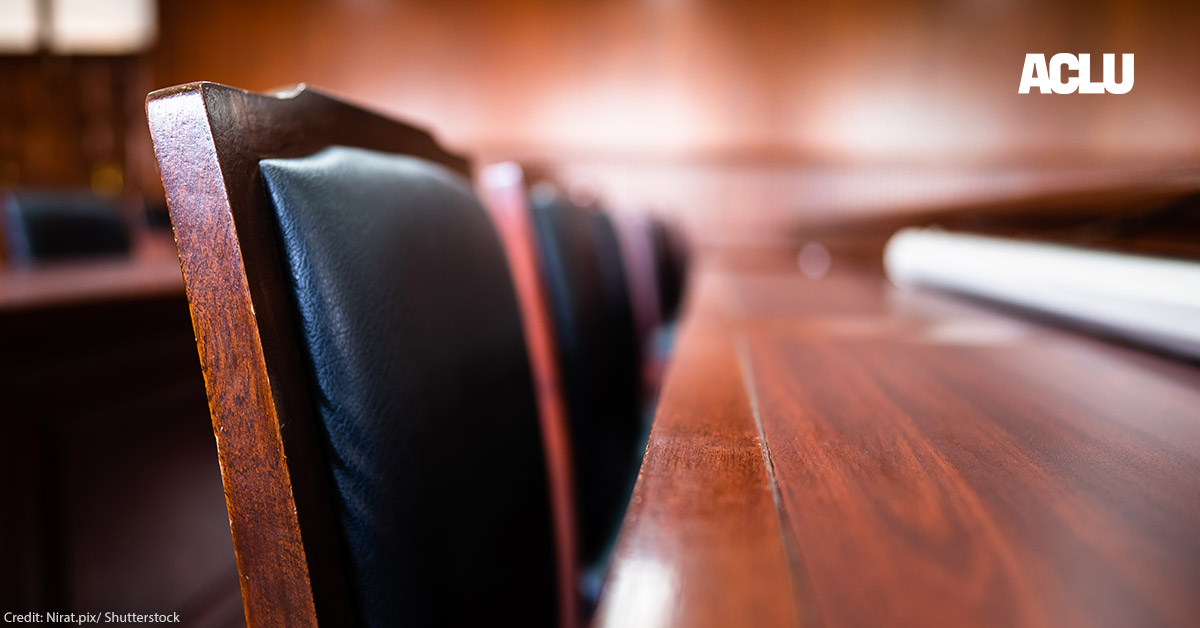With his white handlebar mustache, Levon “Bo” Jones was a striking and unmistakable presence. Mr. Jones, a Black man from Duplin County, North Carolina, was wrongfully convicted in 1993 and sentenced to death. After 14 years on death row, Mr. Jones, who had always maintained his innocence, was exonerated and released in 2008. We were among the lawyers working with Mr. Jones to win his freedom.
In 2009, Mr. Jones was among three death row exonerees — found guilty and sentenced by all-white or nearly all-white juries — who lobbied in support of novel and transformative legislation that would allow people on death row to challenge their convictions if they could show race played a significant factor in their prosecution. Out of that effort, the state legislature passed the North Carolina Racial Justice Act (RJA).
The RJA was a historic and overdue piece of legislation that sought to rectify long standing racial injustices in death penalty cases. After its momentous passage in 2009, more than 100 people on death row filed RJA claims, challenging their convictions. We represented several of these people, bringing some of the first successful cases under the RJA and reducing four people’s sentences from death to life.
Unfortunately, a new conservative majority in the North Carolina Legislature repealed the law four years after it was passed.
But the fight for justice never stopped. After a lengthy legal battle, the North Carolina Supreme Court ruled, in 2020, that all lawsuits brought under the RJA before its repeal could still move forward.
That brings us to this month, where, in a landmark hearing, we’ll be back in court arguing on behalf of Hasson Bacote, a Black man who was sentenced to death after the prosecution prevented multiple qualified Black jurors from serving on his jury. He argues that race played an impermissible role in jury selection, not just in his case, but in all death penalty cases in North Carolina.
Pervasive Racial Discrimination in Jury Selection
We will come to court with statistical, case specific, and historical evidence that racial discrimination tainted jury selection in Mr. Bacote’s case, in Johnston County (where Mr. Bacote was prosecuted), and the entire state.
In Mr. Bacote’s case, the prosecution struck three times more Black prospective jurors than white prospective jurors. In Johnston County, prosecutors struck prospective jurors of color at nearly twice the rate of white prospective jurors in all capital cases. A similar pattern emerges across the state: in North Carolina capital cases, prosecutors struck Black prospective jurors at nearly twice the rate of white jurors.
How have prosecutors gotten away with this?
In all criminal cases that go to trial, prosecutors and defense attorneys have what are known as “peremptory strikes” — that is, an attorney can remove a certain number of potential jurors for any reason. Often, prosecutors exclude Black jurors on the basis of their race.
Even though the landmark 1986 Supreme Court case, Batson v. Kentucky, prohibited peremptory strikes on the basis of race or gender, unconstitutional juror discrimination persists.
Often, prosecutors offer pretextual — or disingenuous — reasons for excluding Black jurors and other jurors of color. In our previous RJA case, North Carolina v. Robinson, a judge found North Carolina prosecutors excluded Black jurors for pretextual, even irrational, reasons, interrogated Black jurors with invasive questions not posed to white jurors, and struck Black jurors even though they allowed white jurors with similar characteristics to remain in the jury pool.
We even have evidence of overt racism in jury selection which we’ve presented in past RJA cases. One prosecutor wrote in his notes that a Black juror with a criminal record was a “thug” while a white juror with a criminal record was “a fine guy;” a Black juror was described as a “blk wino” while a white juror with a DUI conviction was a “country boy – ok.” In another case, a prosecutor noted on a juror questionnaire that a Black woman was “too dumb.”

The effect of outright or pretextual racial discrimination is ultimately the same: Black prospective jurors are excluded from jury service at greater rates than white prospective jurors, and a person facing capital punishment is judged by a jury not of their peers.
The results of these unrepresentative juries are stark: Since 1990, every Black person facing a capital prosecution in Johnston County has been sentenced to death.
A Question of Democracy
Participation in the jury box is one of the fundamental ways Americans engage with their democracy. Even though the Thirteenth, Fourteenth, and Fifteenth amendments conferred citizenship rights and equal protection to Black Americans, the right to serve in a jury remains compromised by racial discrimination. Jury service — like the right to vote — is a question of democracy. Who do we consider part of our community, whose voices matter, who has power.
Levon “Bo” Jones’ voice mattered. Even though he was disenfranchised for the years he was wrongfully convicted, he became a powerful voice for freedom and equal justice. Because of his efforts and the efforts of other Black exonerees — survivors of the racist death penalty and criminal legal system — our client Hasson Bacote will have his day in court on February 26, and the opportunity to win relief for his case, and a ruling that could mean relief for almost all of North Carolina’s death row.
Race has always been at the center of the death penalty. The RJA challenges give North Carolina the rare legal opportunity to confront that shameful fact. In court this month, we will take another step with our client Mr. Bacote to shed light on and rectify the harms that racism has caused in our legal system.
The Racial Justice Act: A Timeline
1977
North Carolina passes the current law authorizing the death penalty. Johnston County removes the KKK billboards that line the highway into Smithfield, the County Seat.
1987
In McCleskey v. Kemp, the Supreme Court majority holds that, despite statistical evidence of racial discrimination in Georgia’s administration of the death penalty, there is no Equal Protection violation because the petitioner, Warren McCleskey, couldn’t show overt racial discrimination occurred in his case.
1988
A federal Racial Justice Act bill is drafted in response to McCleskey. The federal RJA ultimately passed the House of Representatives in 1992 and in 1994, but failed in the Senate.
1998
Kentucky becomes the first state to enact a Racial Justice Act statute.
2007-2008
Three Black men, Jonathan Hoffman, Levon Jones, and Glen Chapman, are exonerated from death row in North Carolina. All three innocent men, wrongfully convicted by all-white or nearly all-white juries, become inspired to help other people wrongfully convicted on the basis of race.
2009
Mr. Jones, Mr. Hoffman, and Mr. Chapman join with Darryl Hunt, another wrongfully convicted person charged with capital murder and later exonerated, to lobby the North Carolina Legislature. North Carolina enacted the Racial Justice Act in August, allowing people on death row to challenge their sentences if they could show race played a significant factor. The North Carolina law is the first law in the country to specify that statistical evidence of discrimination in jury selection and/or jury sentencing is sufficient proof to set aside a death sentence.
2009
Our client, Hasson Bacote, is convicted of felony murder in Johnston County. Like every Black man tried in Johnston County, Mr. Bacote receives the death penalty.
2010
In August, more than 100 people on North Carolina’s death row filed RJA motions. At least 30 of those people were sentenced to death by all-white juries.
2010
In November, control of the North Carolina General Assembly flipped from Democratic control to Republican control. A single Republican donor, Art Pope, was connected to 75 percent of all outside group spending on the race, spending millions on small local campaigns. Some of these groups ran ads deliberately attacking candidates for voting for the Racial Justice Act. Ironically, these ads profiled Henry McCollum, a Black man then on North Carolina’s death row who would ultimately be exonerated.
2012
North Carolina Gov. Beverly Perdue issued pardons of innocence to the defendants in the Wilmington 10 case on December 31, citing “the dominant role that racism played in jury selection.” The prosecution’s jury selection notes included overt race-based bias, such as a capital B written next to the name of every Black juror, and “KKK good!!” written next to the names of at least six prospective jurors.
2012
The first RJA case in the country is heard by a superior court judge in Cumberland County in North Carolina v. Robinson. The death row petitioner, Marcus Robinson, proved widespread discrimination in jury selection across North Carolina, in Cumberland County, and in his own case. Three other cases were heard in Cumberland County later that year based on similar evidence, and those challengers, Tilmon Golphin, Christina Walters, and Quintel Augustine, also prevailed. The state sought review of these decisions by the North Carolina Supreme Court.
2013
The North Carolina Legislature repealed the Racial Justice Act on June 19 and overrode the governor’s veto.
2015
The North Carolina Supreme Court held that prosecutors should have been given more time to prepare for the Cumberland County RJA hearings, vacated the decisions, and remanded for new cases. This meant that the Robinson and other Cumberland County case orders had no precedential value.
2017
A North Carolina Superior Court dismissed the claims of Mr. Robinson and the other three people in Cumberland County, holding that the legislature’s repeal was retroactive and required dismissal of their cases. The four defendants sought review.
2019
Charles Finch, a Black man, is exonerated from North Carolina’s death row. Mr. Finch is the 12th person exonerated in North Carolina since the death penalty was reinstated in 1973. Eleven of the 12 men exonerated are men of color and 10 are Black men.
2020
In State v. Ramseur, and State v. Burke, the North Carolina Supreme Court held that application of the repeal to bar review of properly-filed RJA claims violated the Ex Post Facto clause of the North Carolina Constitution. This ruling effectively reinstated the more than 100 filed claims by people on death row, including Hasson Bacote.
In State v. Robinson, the Hon. Justice Cheri L. Beasley, the first African-American woman to serve as Chief Justice of the North Carolina Supreme Court, wrote for the majority in an opinion that cataloged the history of Black citizens’ exclusion from jury service in the United States and North Carolina, and the failure of state appellate courts to confront the problem. The state Supreme Court reinstated the life sentences of Marcus Robinson, Tilmon Golphin, Christina Walters, and Quintel Augustine.



